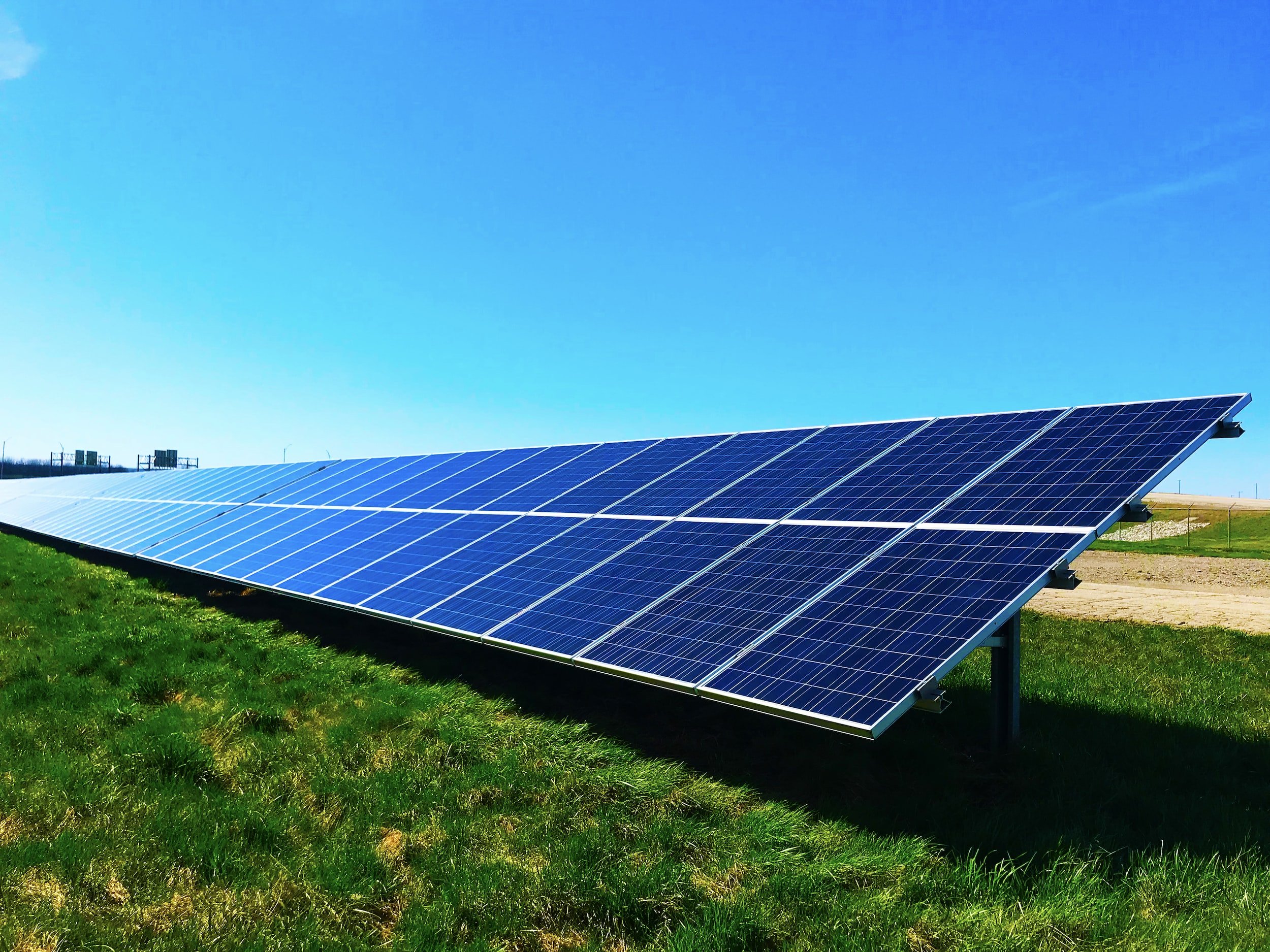By: Ena Viteskic, Senior Staff Member
According to the Kentucky Environmental Foundation, coal poses severe health risks to Kentuckians. Elizabeth Crowe, Execute Director of an environmental group based in Berea, Kentucky states that “[c]oal as we know it takes a toll on the health of Kentuckians; it’s a fact that many health professionals and researchers know well.”[1]Furthermore, a report by the Kentucky Environmental Foundation titled, “Health Impacts of Coal and Clean Energy Options in Kentucky,” has opined that Kentucky should generate electricity from alternative sources such as solar, wind, and hydroelectric power in order to eliminate the negative health effects of coal.[2] Based on the report, coal extraction at surface and underground mines, washing, transportation, burning, and disposing of coal waste contributes to various health problems.[3] The report also suggest that breathing polluted air and consuming water tainted with mercury and other toxic metals leads to severe respiratory and nervous system complications.[4]
Although coal poses health risk to Kentuckians, it is not easy to find a practical solution to this problem. There has been a nationwide trend to move towards the development and implementation of alternative energy sources; however, the dynamics of Kentucky must be considered before one can conclude that alternatives are appropriate. The Kentucky Coal Association estimates that about “92 percent of Kentucky’s electric power comes from coal-fired power”, and the state prides itself on very low electric rates - probably the lowest in the nation.[5] Some KY legislators are not overly concerned about the negative health impacts of coal. For example, Rep. Keith Hall, a Democrat from Pikeville that owns coal reserves in eastern Kentucky, maintains that coal is burned cleaner now than ever before and that Kentucky’s low electric rates “give it an advantage in attracting new business.”[6]
Because coal brings many benefits to Kentucky, legislators who want to implement measures advocating alternative energy sources face an uphill battle. Rep. Mary Lou Marzian, a Louisville Democrat, has sponsored House Bill 167, which “would require utilities to generate a portion of their power from renewable sources.”[7] Supporters of HB 167, known as the Clean Energy Opportunity Act, strongly argue that this bill will not only reduce the negative health impact of coal production but will also increase revenue and employment for the state.[8]According to supporters of this new proposal, HB 167 will achieve the following: (1) curb energy costs for families, farms, and businesses; (2) use resources and put people to work to get the economy back on track; and (3) improve the health and well-being of Kentuckians.[9]
Kentucky is definitely the “coal state” of the nation; however, does that mean that new energy ideas should not be implemented? Assessing whether coal production should decrease while the state expands renewable energy sources is a difficult question to answer. Opponents of HB 167 are concerned with the potential decrease in employment if coal production ceases. However, this concern is not that great when the benefits of alternative energy sources are taken into account. Research shows that “clean energy is one of Kentucky’s fastest growing job markets” with thousands of people being employed across the state.[10]As a result, it seems to me that the Clean Energy Opportunity Act serves the interests of the opponents and supporters of alternate energy solutions. HB 167 is a plausible solution in order for maximizing employment opportunities while also minimizing adverse health effects in Kentucky.
[1] Dylan Lovan, Study: Reduce KY coal dependency for better health, CBS News (Jan. 24, 2011, 3:20PM), http://www.cbsnews.com/8301-505245_162-57365052/study-reduce-ky-coal-dependency-for-better-health/.
[2]Id.
[3]Id.
[4]Id.
[5]Id.
[6]Id.
[7] John Cheves, Environmental groups ask Kentucky lawmakers to consider coal’s health impact, The Lexington Herald-Leader(Jan. 25, 2011), http://www.miamiherald.com/2012/01/25/2607048/environmental-groups-ask-kentucky.html#storylink=cpy.
[8]The Clean Energy Opportunity Act – HB 167, Kentuckians For the Commonwealth, http://www.kftc.org/our-work/general-assembly/energy.
[9]Id.
[10]Id.

